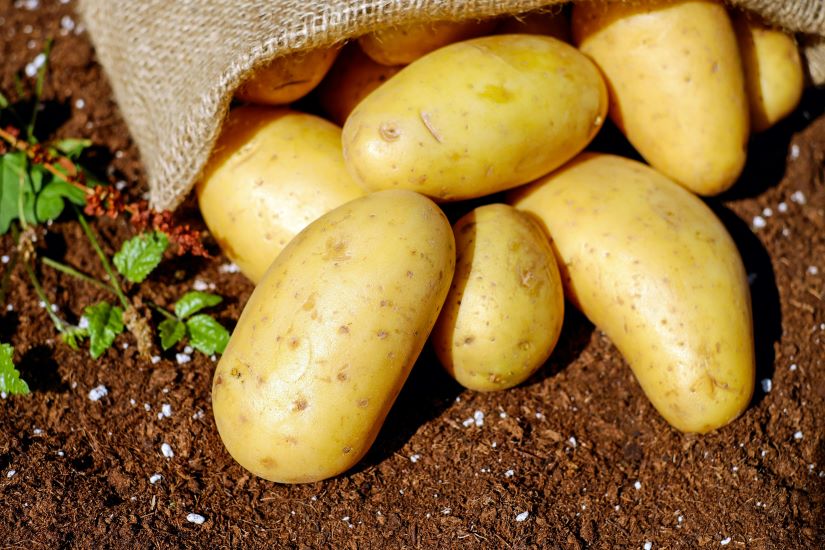How Potatoes Became the Unsung Heroes: A Tale of Survival and Transformation

Potatoes, often overlooked in their significance, have played a pivotal role in shaping human history and transforming societies. In this blog post, we’ll explore the fascinating story of how potatoes saved the world and became a staple food crop, contributing to global food security and economic prosperity.
1. Origin and Spread
Potatoes originated in the Andes mountains of South America, where indigenous peoples cultivated them for thousands of years. These early cultivars were diverse in shape, size, and color, reflecting the rich biodiversity of the Andean region. Spanish conquistadors encountered potatoes during their conquest of the Americas in the 16th century and introduced them to Europe, where they quickly gained popularity as a nutritious and versatile food crop.
2. Resistance to Climate and Disease
One of the reasons potatoes became so popular in Europe was their remarkable resilience to adverse growing conditions and resistance to pests and diseases. Unlike traditional cereal crops like wheat and barley, potatoes could thrive in poor soils, high altitudes, and cool climates, making them an invaluable resource for farmers facing food shortages and environmental challenges.
3. Population Growth and Food Security
The introduction of potatoes to Europe coincided with a period of rapid population growth and urbanization. As cities expanded and demand for food increased, potatoes played a crucial role in feeding growing populations. Their high yield potential and nutritional value made them an essential component of diets, particularly for the working class, who relied on potatoes as a primary source of calories and sustenance.
4. Impact on Global Cuisine
Potatoes’ versatility and adaptability have made them a staple ingredient in cuisines around the world. From mashed potatoes and french fries to potato pancakes and gnocchi, there are countless ways to enjoy this humble tuber. In regions where rice, wheat, or maize are the primary staple crops, potatoes offer a valuable alternative that diversifies diets and provides essential nutrients.
5. Economic Importance
Beyond their role as a food crop, potatoes have significant economic importance, driving agricultural economies and supporting livelihoods around the world. Potato cultivation provides employment opportunities for millions of farmers and contributes to rural development and poverty alleviation in many regions. Additionally, the potato processing industry generates revenue through the production of chips, crisps, and other value-added products.
6. Future Challenges and Opportunities
While potatoes have undoubtedly made significant contributions to global food security and economic development, they face challenges in the 21st century. Climate change, pests, and diseases threaten potato production in many parts of the world, highlighting the need for sustainable farming practices and resilient crop varieties. Additionally, efforts to promote biodiversity and preserve traditional potato cultivars are essential for safeguarding this valuable genetic resource for future generations.
Conclusion
Potatoes may not have the glamour of exotic fruits or the prestige of luxury foods, but their impact on human history and society is undeniable. From their humble origins in the Andes to their status as a global staple crop, potatoes have saved lives, fueled economies, and shaped culinary traditions around the world. As we look to the future, it’s essential to recognize the importance of potatoes and invest in their continued cultivation, conservation, and utilization for the benefit of all.
Picture Courtesy: Google/images are subject to copyright








